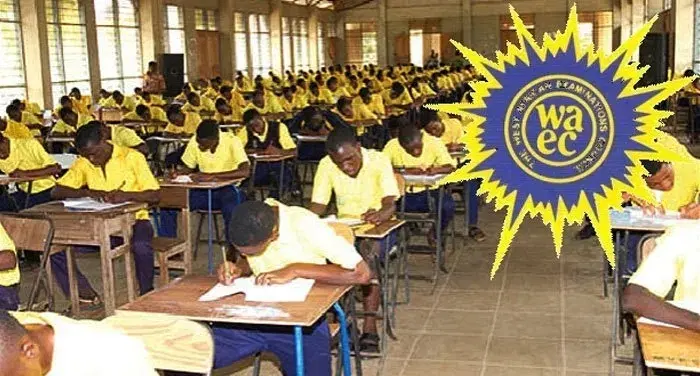Critical stakeholders in the education sector have condemned the decision of the Federal Government to peg the age at which students can write the Senior Secondary School Certificate Examinations, SSCE, at 18, saying it will simply draw the sector back.
The groups reacted to the comment by the Minister of Education, Professor Tahir Mamman, that from 2025, any candidate, who is not up to 18 will not be allowed to write the examination and without doing so, such candidate won’t be able to seek admission into tertiary institutions.
The stakeholders, who spoke with Vanguard yesterday, included the Nigeria Union of Teachers, NUT, the National Parents/ Teachers Association of Nigeria, NAPTAN, the Congress of University Academics, CONUA, the Academic Staff Union of Universities ASUU and a member of a non-governmental organisation, Concerned Parents and Educators Network, CPE.
Mamman, who spoke on a television programme on Sunday night dropped the hint about the new policy.
Nigeria operates the 6–3–3–4 system where a child enrols in school at age six for six years each of primary and secondary education.
At the end of secondary school, a Nigerian is expected to be about 18 years old, but many students often graduate at 16 or less due to skipped grades.
In July, the Ministry of Education introduced a policy setting age 18 as the minimum age for tertiary institution admissions.
It, however, made an exception for the 2024 admission cycle which it said will accept candidates as young as age 16.
Mamman said such under-aged students will no longer be allowed to write the SSCE.
The Education Minister was asked whether the status quo for the minimum age of admission into higher institutions was 16 or 18.
“It is 18 (years). What we did at the meeting that we had with JAMB was to allow underage candidates this year and for it to serve as a kind of notice for parents.
“JAMB will admit students who are below that age, but from next year, JAMB is going to insist that anybody applying to go to university in Nigeria meets the required age which is 18,” the Education Minister clarified.
Mamman said the policy of minimum age for tertiary school admission was not newly initiated by President Bola Tinubu’s administration.
“This is a policy that has been there for a long time. If you compute the number of years pupils and learners are supposed to be in school, the number you will end up with is 17 and a half.
“In any case, NECO and WAEC, henceforth, will not be allowing under-age children to write their examinations.
“In other words, if somebody has not spent the requisite number of years in that particular level of study, WAEC and NECO will not allow them to write the examination,” he said
Asked what the minimum age to write SSCE would be, the minister responded: “It is not a matter of age. It is the years spent at each level of education.”
The minister, who said pupils were expected to spend five years in early child care, said they would be six in primary one and complete primary school education at age 12.
He reiterated that the junior and senior secondary school levels together were for six years, blaming parents for “pressuring” their children and wards into embracing educational pursuits which they were too young to understand.
The minister said his position is in line with the 6-3-3-4 educational policy of the federal government.
On the face of it, the minister is right as 18 years is the age of maturity or adulthood under the Constitution, and the university environment and academic content are tailor-made for mature minds.
It will draw back education – NUT Reacting to the issue yesterday, the Secretary General of the NUT, Dr Mike Ene, expressed disappointment at the development.
According to him, the government’s declaration will simply negatively affect the education sector.
“One good thing about our minister is that he is a lecturer and also a Senior Advocate of Nigeria. One hopes the policy will stand the test of time. They should have another look at the policy.
‘’They cannot just wake up and make such a decision. They must consult widely on it. I am a member of the National Council on Education, NCE, and we held a meeting in Lagos early this year I am not sure such a matter was discussed. It is decisions taken at such a meeting that should be pursued.
“The NCE comprises the ministers, commissioners for education in all states, the NUT, bodies such as WAEC, NECO, JAMB, UBEC and others. If that is done, what will become of gifted children?. Yes, in our days, people start school at six years, but we still had those who left secondary school before 18.
“Now that our children start early, say by three years they are in creche, singing nursery rhymes, after that, they move on. So, they complete secondary school education before 18, some a little over 16. What will such students be doing? Devil finds work for an idle hand,” he said.

